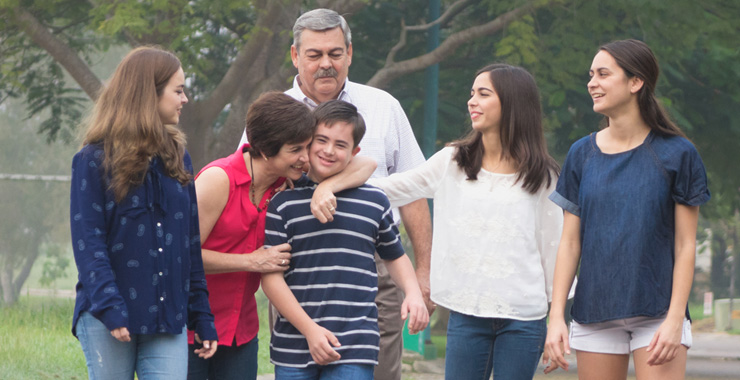Crafting resilient families requires a multifaceted approach that encompasses physical, mental, and emotional well-being. Specialized health programs play a crucial role in achieving this goal by providing tailored support and resources to families facing various challenges. These programs address specific needs within the family unit, empowering individuals to overcome obstacles and thrive together. One key aspect of specialized health programs is their ability to address the unique needs of each family member. Whether it is managing chronic health conditions, navigating mental health concerns, or coping with traumatic experiences, these programs offer personalized care plans designed to meet the diverse needs of families. By recognizing and addressing individual challenges, these programs strengthen the overall resilience of the family unit.

In addition to addressing immediate health concerns, specialized programs also focus on preventive care and health promotion. They provide families with the knowledge and skills needed to adopt healthy behaviors and make informed decisions about their well-being. From nutrition education to stress management techniques, these programs equip families with the tools they need to prioritize their health and prevent future issues. Furthermore, specialized health programs promote collaboration and communication within the family unit. They facilitate open discussions about health-related topics, fostering a supportive environment where family members can share their concerns and experiences. By encouraging dialogue and mutual understanding, these programs strengthen familial bonds and promote resilience in the face of adversity.
Moreover, specialized health programs often incorporate holistic approaches to wellness, recognizing the interconnectedness of physical, mental, and emotional health. Through a combination of medical interventions, counseling services, and lifestyle modifications, these programs address the root causes of health issues and promote comprehensive healing. By treating the whole person, rather than just the symptoms, they empower families to achieve long-term well-being. Another key component of specialized health programs is their emphasis on community support and resources. They connect families with local organizations, support groups, and social services that can provide additional assistance and encouragement. By tapping into these external resources, families expand their support networks and gain access to a wealth of knowledge and support.
Additionally, specialized health programs prioritize cultural competence and sensitivity, recognizing the diverse backgrounds and experiences of the families they serve. They tailor their services to accommodate cultural differences and language barriers, ensuring that all families feel respected and understood. By providing culturally competent care, these programs foster trust and engagement, strengthening the bond between families and healthcare providers. Specialized health programs play a vital role in crafting resilient families by addressing the unique needs of each family member, promoting preventive care and health promotion, learn more fostering collaboration and communication, incorporating holistic approaches to wellness, and connecting families with community support and resources. By empowering families to prioritize their health and well-being, these programs lay the foundation for long-term resilience and thriving.
